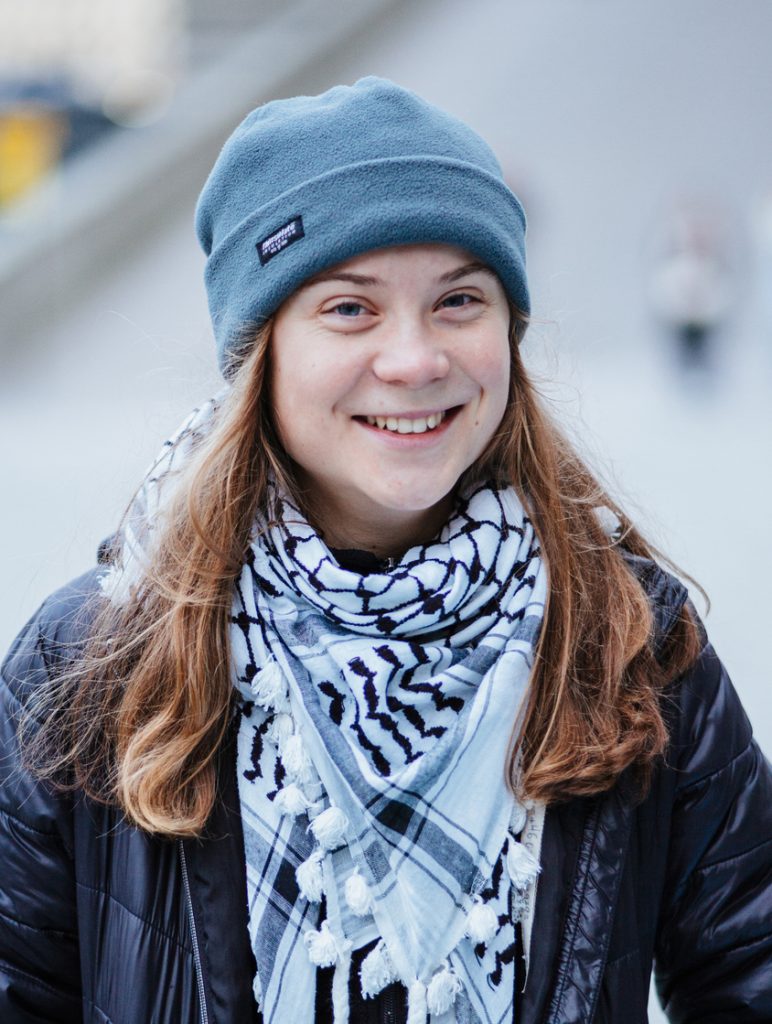As the genocidal war in Gaza unfolded, women became a moral compass for the movement. Many joined the Global Sumud Flotilla — a people’s maritime effort to break the blockade and reach Gaza — not only as participants but as organizers and leaders in a global show of solidarity.
A symbolic global uprising
According to Banfsj — a Palestinian news outlet active in women’s issues and women’s participation in Arab societies — their solidarity in participation, organization, and leadership embodied genuine resistance and mutual aid that transcended political alignments and geographic borders, carrying forth the banners of humanity and justice. The Global Sumud Flotilla was more than just an aid convoy; it became a global popular movement involving dozens of politicians, human rights activists, artists, and academics from more than 40 countries.
Women not only onboard but in leadership
Women in the Global Sumud Flotilla were not merely passengers — they held responsibilities for organizing and guiding the mission. Among the most prominent figures were Mariana Mortágua, Portuguese MP and leading left-wing figure, who used her parliamentary immunity as a safeguard for the flotilla; Greta Thunberg, the Swedish climate activist; Ada Colau, former mayor of Barcelona; Haifa Al-Mansouri, a Tunisian activist and member of the steering committee; and Khaldiya Aboubakria, a Palestinian-Spanish activist who founded the “Women of Dignity Palestine” movement in Spain in 2017.
Mariana Mortágua
Mariana Mortágua — a well-known Portuguese Member of Parliament who places humanitarian concerns at the forefront — has expressed strong belief that the Global Sumud Flotilla will succeed thanks to its diverse participants and global political support. She condemned the passive stance of many European governments toward the situation in Gaza and sharply criticized Israeli actions. Before departing Barcelona toward the flotilla’s launch, she said: “When Israel kills the Palestinian people outside the law, it is not only children who are killed — international law, humanitarian law, the security of nations, and humanity itself are being murdered… That is why the Palestinian people, by resisting, are saving us.” Mortágua insisted that solidarity is stronger than any government or army, that breaking the blockade of Gaza is both a moral and humanitarian obligation, and she refuses to be deterred by the drones trailing the ships.

Greta Thunberg
Greta Thunberg has framed Palestine as a moral issue, warning that silence in the face of what is happening in Gaza amounts to complicity in genocide. Ahead of boarding a ship bound for Gaza, she said: “Here is a story being told of how people are deprived even of the most basic necessities in Gaza, and everyone has a duty to do something for Gaza.” She emphasized the importance of using every available tool to reach Gaza and stated that if Israel stops the flotilla, the plan is to return and try again. “This is an honorable and humanitarian mission,” she said. She accused Israel of intentionally destroying the Palestinian people and condemned global silence about genocide in Gaza. Thunberg also called Gaza a clear example of genocide, repression, and ethnic cleansing. In a message to Mariana Mortágua via TikTok, she said: “Giving up is not an option for us; we have promised the Palestinians that we will continue the struggle and break the blockade.”
Ada Colau
Ada Colau, former mayor of Barcelona and a strong advocate for Palestinian rights, argues that peaceful participation is a legitimate right and can pressure governments into taking concrete action. She stated that the organization of international groups forced previously passive institutions to take a stand against what she describes as Israel’s killing of children and violation of international law. “Gaza is not alone,” she declared, “and we will continue our path to break the blockade.”
Haifa Al-Mansouri
Haifa Al-Mansouri, a Tunisian civil society activist and a member of the steering committee of the Global Sumud Flotilla, is one of the key coordinators behind cross-border efforts. She says that initiatives like the flotilla aim to open a humanitarian corridor to Gaza, break the siege, and stop genocide against Gaza’s residents. Before the ship’s departure she called it “a major humanitarian rendezvous,” insisting every initiative, however small, can make a difference for Gaza.
Khaldiya Aboubakria
Khaldiya Aboubakria, a Palestinian-born activist living in Spain, said immediately upon joining the flotilla: “This is my trip to Palestine; with the flotilla of freedom I return to break Gaza’s siege and expose the occupier’s crimes to the world.” She founded the “Women of Dignity Palestine” movement in Spain in 2017 to amplify the voices of Palestinian women in the struggle for freedom and return. Active in boycott and sanction campaigns, she believes the diaspora must accept its responsibility to its people, saying their fate is one, and this flotilla — which she insists will break the blockade — is a cry against genocide and repression.


